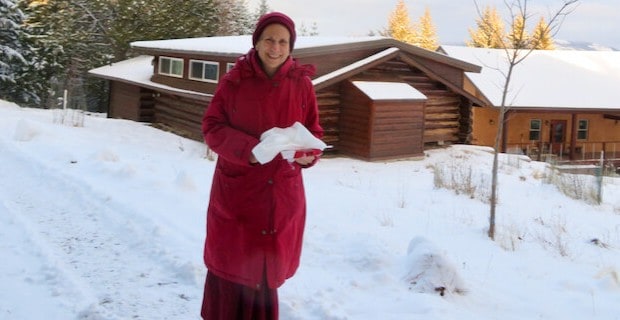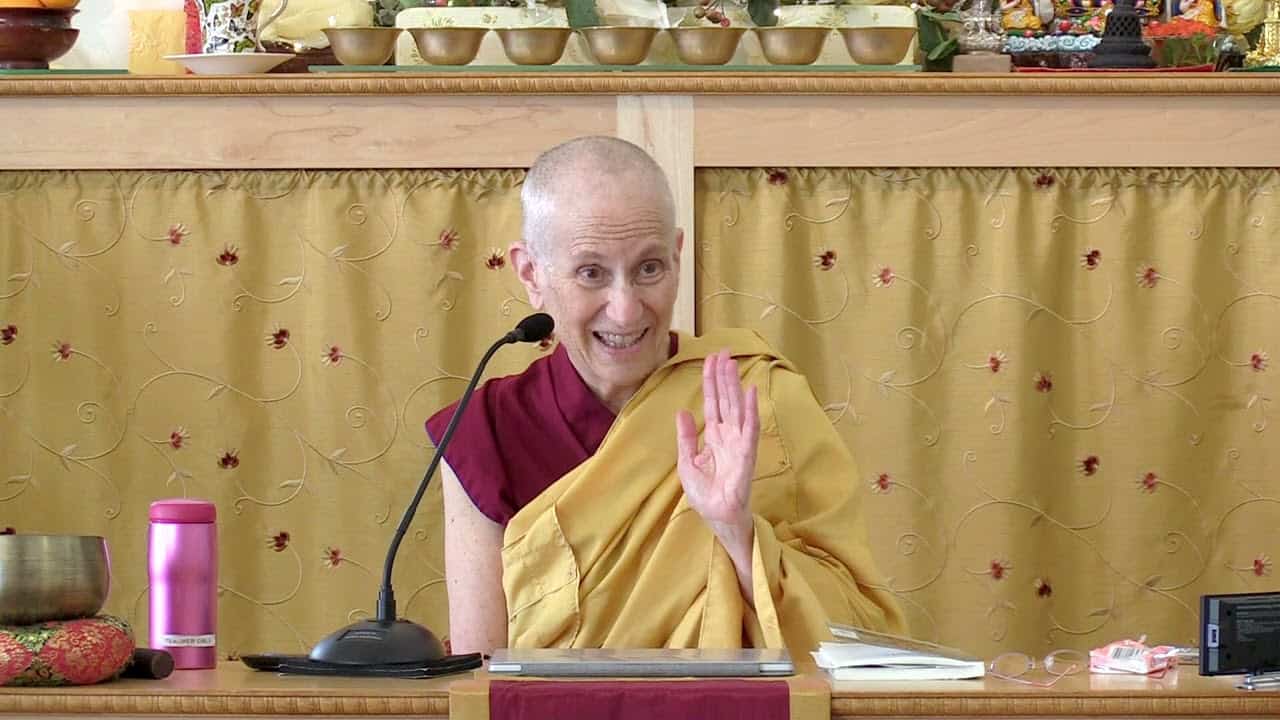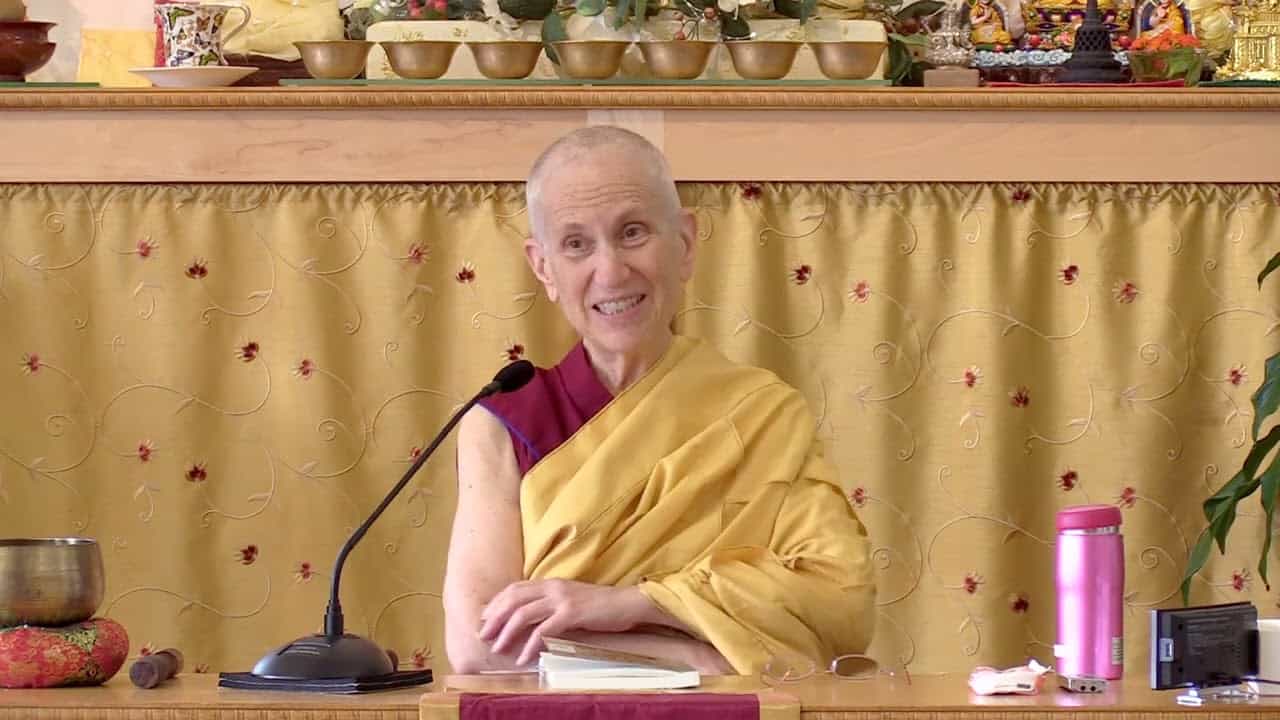How to make wise decisions

A Dharma practitioner wrote to Venerable Chodron about the many good options he had to choose from now that he was finishing his education. He laid out the various options and asked her help in deciding which one was best.
Congratulations on approaching the completion of your program. You were fortunate to be able to study there.
Your email reminds me of my mind many years ago. There so many Dharma things I wanted to do and to learn, and I didn’t know what to do first. I wanted to do them all immediately but was confused what would be THE BEST. I wanted to learn Tibetan, study, do retreat, and do socially engaged work all at once.
Then, whatever I chose and whatever I did, I thought about the benefits of doing the other choices and thought maybe I should have done them instead. I looked at the things other people were learning or doing that were among my other options and felt like I should be doing those instead of doing what I am doing. Dissatisfaction follows us even on the Dharma path.
So the actual Dharma practice in that mental mess is to learn how to make good decisions, be satisfied with whatever I’m doing, and rejoice at what others do.
Re: learning how to make good decisions, these are the criteria I look at:
- Which situation will enable me to keep my precepts in the best way.?
- Which situation will increase my bodhicitta and wisdom?
- Which situation will benefit others the most in the long term (remembering that deepening my practice also benefits others in the long term)?
I also look at: Which situation can I carry through with? Have I created the requisite causes to complete whichever option I choose?
Thinking about these things cuts out all the “What’s best for MY DHARMA PRACTICE?” self-centeredness.
Re: being satisfied with what I choose:
- Recognize that in different times in our lives, we can do different Dharma activities, so we don’t need to do everything now. Also, in different lifetimes, we emphasize different aspects of the path, so in the future some lifetimes will be spent doing the thing that I don’t do this lifetime.
- Rejoicing in others’ virtue helps too.
Re: rejoicing at what others do:
- Practice being happy that others are better than you are, because that way you can learn from them.
- Remember that everyone has unique talents and abilities and we need all of them to benefit the world.
- Recall that you accumulate merit by rejoicing, and rejoicing makes your own heart/mind happy here and now.
These are some things to reflect on. In the process you may learn about how your mind works and be able to identify afflictions to subdue and earnest aspirations to enhance.
Wishing you much Dharma happiness,
Venerable Chodron
Venerable Thubten Chodron
Venerable Chodron emphasizes the practical application of Buddha’s teachings in our daily lives and is especially skilled at explaining them in ways easily understood and practiced by Westerners. She is well known for her warm, humorous, and lucid teachings. She was ordained as a Buddhist nun in 1977 by Kyabje Ling Rinpoche in Dharamsala, India, and in 1986 she received bhikshuni (full) ordination in Taiwan. Read her full bio.


